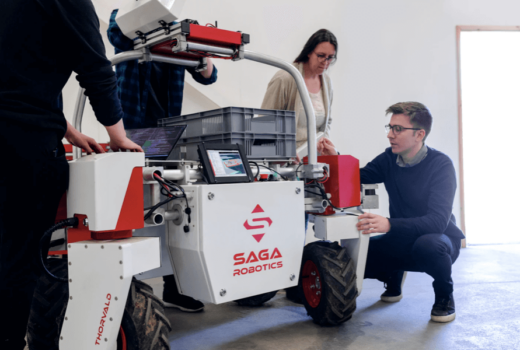Europa verkent data-kennis

De Commissie zet de bedoeling daarvan als volgt uiteen. Deze raadpleging over ‘Science 2.0’ richt zich er op “to gauge the trend towards a more open, data-driven and people-focused way of doing research and innovation. Researchers are using digital tools to get thousands of people participating in research, for example by asking them to report if they catch flu in order to monitor outbreaks and predict possible epidemics.”
De openheid van onderzoekers zelf maakt dat dlenen en toegang meer en meer de norm worden. “By some estimates, 90 percent of all available data in the world has been generated in the past two years, and scientific data output is growing at a rate of 30 percent per year.”
Search for new knowledge
De raadpleging wil vooral kijken naar de “awareness of and participation in these trends, as well as get views on the opportunities created by ‘Science 2.0’ to strengthen the competitiveness of European science and research. The deadline for responses is 30 September 2014.” Commissaris Máire Geoghegan-Quinn onderstreept in dit verband: “Science 2.0 is revolutionising the way we do science – from analysing and sharing data and publications to cooperating across the globe. It is also allowing citizens to join in the search for new knowledge. The whole scientific process is becoming more transparent and efficient, but this also poses questions about integrity and quality – so we want to hear people’s views on how we can guarantee that Science 2.0 develops in a way that is positive for Europe.”
Haar collega Neelie Kroes legt een direct verband met de zware nieuwe EU-prioriteit van de Digitale Economie: “Now digital technology and tools offer the chance for a new transformation: improving research and innovation and making them more relevant for citizens and society. We are moving towards open, digital science – a trend that is gradual but unstoppable. That trend, and the desire to embrace it, comes, not from politicians, but from the scientific and academic communities themselves. And I am determined to support it.”
Meest Gelezen
‘Free riding brengt het hoger onderwijs in de problemen’
Vrouwen houden universiteit draaiende, maar krijgen daarvoor geen waardering
Hbo-docent wil wel rolmodel zijn, maar niet eigen moreel kompas opdringen
‘Sluijsmans et al. slaan de plank volledig mis’
Aangepast wetsvoorstel internationalisering dient vooral samenleving in plaats van student



